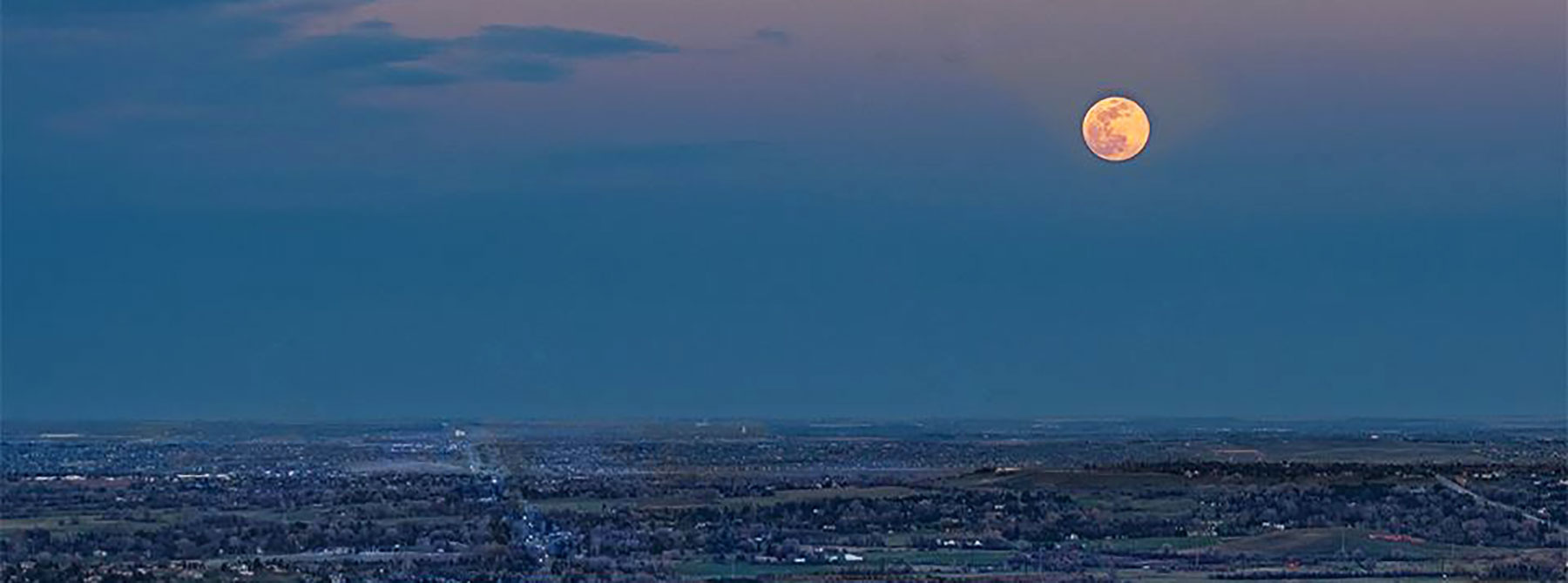“Unofficially” elected this week, council newcomers Junie Joseph, Rachel Friend, Adam Swetlik and Mark Wallach join incumbents Bob Yates and Aaron Brockett in filling the Boulder’s six open city council seats. Though we don’t expect the results to change, Boulder County lists the results, as of press time Friday morning, as unofficial, last updated Nov. 6 at 7:52 p.m.
(If previous years are an indication, the county won’t officially stamp the results until Nov. 19, two weeks from Tuesday’s election day.)
The top four vote-earners, Bob, Aaron, Junie and Rachel, all received endorsements from local activist groups that promote a compact and connected approach to solving some of Boulder’s transportation and climate issues, focusing on multifamily housing development along existing transit corridors to reduce the need for workers to commute in and out of the city. Slow-growth group PLAN-Boulder County supported new members Adam and Mark.

As the top four vote-earners, Bob, Aaron, June and Rachel won four-year terms while Adam and Mark get two-year terms. The six join current Council members Sam Weaver, Mary Young and Mirabai Nagle.
All winners received more than 8 percent of the vote. Two others received more than 7 percent of the vote, just on the outside cusp of election: Mark McIntyre (with 8.00 percent) and Susan Peterson (with 7.67 percent). Candidates received a total of 165,164 votes; each resident could vote for up to six candidates.
Election turnout
This election felt like it had more community attention than previous ones, and the turnout suggests this is true.
Compared to the 2017 election, turnout in nearly every Boulder precinct was up in 2019, with a number of areas over 60 percent voter turnout (the area around CU was predictably low). Here’s the Boulder precinct map. Boulder precincts all fall in the 800s.
2019 Ballot Results
Boulder residents also voted on a few ballot issues this week, and approved all three by a wide margin: continuing a 0.15 cent sales tax that will go toward Open Space and supporting Long’s Gardens, a middle-income home down payment assistance pilot program and an increased tax on tobacco vaping products.
The Open Space Tax (Issue 2H), passing with 85.87 percent of the vote on Tuesday night, extends a .15 cent transportation sales and use tax which will go towards the maintenance, restoration, acquisition and preservation of Boulder County’s open space land, with the first year’s money allotted to purchase a conservation easement at Long’s Garden at North Broadway.
Passing with 69.29 percent of the vote, voters approved the City’s pilot of a middle-income housing program (Issue 21). This means those who quality — with “middle-income” defined as people who make up to 120% of the city’s median income — will be able to apply for up to a $200,000 loan to buy a house.
The goal is that more people who work in Boulder will finally afford to live in Boulder, and with an appreciation cap tied to the loan, new owners cannot sell the home at a higher rate than the city’s median income rate, allowing the homes to remain permanently affordable.
At 79.73 percent, voters approved a tax on tobacco vaping products (Issue 2G). According to Jodi Radke, regional director for the Campaign for Tobacco-Free Kids, Colorado ranks one of the highest youth usage rates of vaping products in the nation. By increasing the cost of these electronic smoking devices, the hope is to discourage teens from using them.



